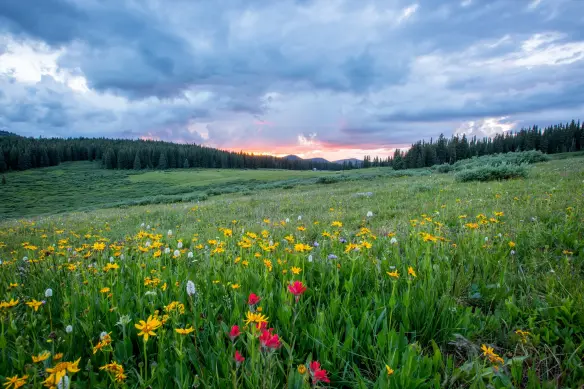THE SEED
Surely goodness and lovingkindness will follow me all the days of my life. Psalm 23:6
If a parent truly loved their child, they wouldn’t ground them, the child may believe when they are subjected to harsh punishment. And the reality is, when God disciplines us, we frequently experience the same emotions. But God’s aim is to foster our development, just like any caring human parent. As stated in the text from Hebrews for today, discipline hurts at first. However, if we can learn to accept it and let it train us, our lives will change and bring fruit. Unfortunately, there are occasions when we confuse God’s correction with punishment, especially when we’re preoccupied or distracted. If we are looking for the big picture of how God operates in our lives, it is simpler to see that discipline as a blessing. Instead, we frequently grumble, “If You were good to me, you wouldn’t do this or that,” and fail to notice what He is actually doing. According to David’s words in Psalm 23:6, “Surely goodwill and lovingkindness will follow me all the days of my life,” God’s benefits are with us each and every day we are alive. In both our pleasure and comfort as well as in our tribulations, the Lord lavishes His goodness onto us. Let us pray for eyes to recognise these favours and signs of God’s goodness and plans.
PRAYER
Oh Lord, do not let your goodwill and lovingkindness forsake me all the days of my life. Amen.
BIBLE READINGS: Hebrews 12:1-13
DIDARA OLORUN NINU IBAWI
IRUGBIN NAA
Ni tooto, ire ati aanu yio ma tomí lẹ́yìn ní gbogbo ọjọ́ ayé mi. Ìwé Orin Dafidi 23:6
Tí òbí kan bá nífẹ́ ọmọ re lóòótọ́, wọn ò ní já wọn kule, ọmọ náà lè gbàgbo nígbà tí wọ́n bá fìyà jẹ wọ́n. Òótọ́ ibe sì ni pé nígbà tí Ọlọ́run bá ń bá wa wí, a máa ń ní irú ìmolára kan náà lọ́po ìgbà. Ṣùgbọ́n ète Ọlọ́run ni láti mú ìdàgbàsókè wa dàgbà, gẹ́gẹ́ bí òbí ènìyàn tí ń bìkítà. Gẹ́gẹ́ bí ẹsẹ Ìwé Mímọ́ Lédè Hébérù fún òde òní ṣe sọ, ìbáwí máa ń dunni lákokọ́. Bí ó ti wù kí ó rí, bí a bá lè kọ́ láti tẹ́wọ́ gbà á tí a sì jẹ́ kí ó kọ́ wa, ìgbésí-ayé wa yóò yí padà, yóò sì mú èso jáde. Ó ṣeni láàánú pé, àwọn ìgbà míì wà tá a bá ń da ìbáwí Ọlọ́run mo ìjìyà, pàápàá nígba ti a ba ni opolopo akokaya tabi ti iye wa basi kuro lọ́do re. Ti a ba wo iwoye nla bi Ọlọrun se n sise ni aye wa, o rorun lati ri wipe ibawi je ibukun. Lọ́po ìgbà, a máa ń kùn pé, “Bí O bá ṣe rere sí mi, ìwọ kì yóò ṣe èyí tàbí ìyẹn,” a sì kùnà láti ṣàkíyèsí ohun tí Ó ń ṣe ní tooto. Gẹ́gẹ́ bí oro Dáfídì nínú Ìwé Orin Dafidi 23:6 ṣe sọ, “Dájúdájú, ire ati aanu yio ma tomi lehin gbogbo ọjọ́ ayé mi,” àwọn àǹfààní Ọlọ́run wà pelú wa lójoojúmọ́ ti a wa laaye. Nínú ìgbádùn àti ìtùnú wa àti nínú ìpọ́njú wa, Olúwa gbé oore re lé wa lọ́wọ́. Je ki a gbadura fun oju lati mọ awọn oore-ọfẹ, aami didara Olorun ati awọn eto re.
ADURA
Oluwa, ma je ki ife Re ati aanu Re ki o fi mi sile ni gbogbo ojo aye mi. Amin.
BIBELI KIKA: Hébérù 12:1-13
